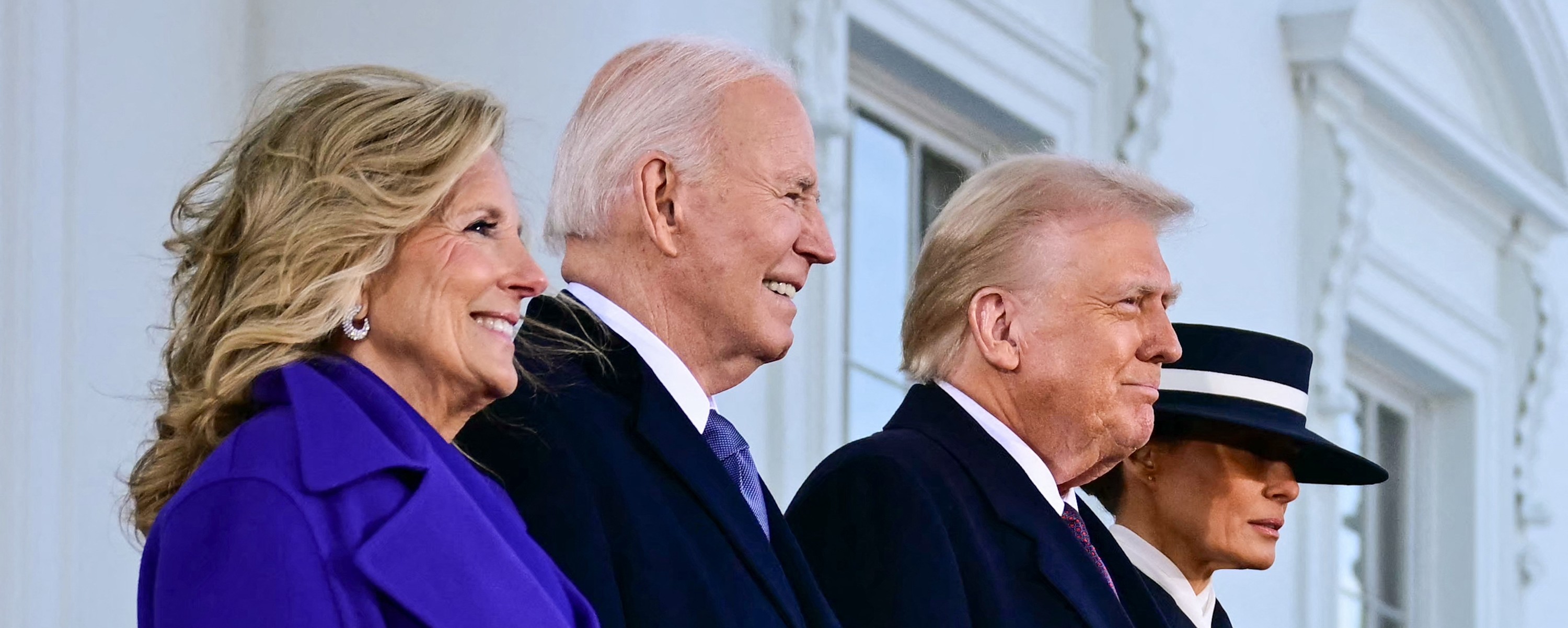The inauguration of Donald Trump's second presidency in the United States confirms an extraordinary political feat that only four years ago seemed impossible. The controversial billionaire's ability to connect with the political and economic frustrations —and also the nationalism and xenophobia— of a large part of his country's population has propelled him for the second time to the most powerful office on the planet.
The speeches of revanchism and incitement to hatred, the humiliation of his rivals, and the promises to improve the lives of “Americans” at the expense of the rest of the world were more powerful than the convictions and trials against him for sexual assault, blackmail, or his call to take over Congress to prevent the certification of the 2020 election results.
His is the most personalistic political project the United States has probably ever seen in its history. He makes no secret of his desire to weaken institutions and place himself above them. His strength lies in attacking the system. President Trump, a politician addicted to political incorrectness, makes George W. Bush, the invader of Iraq, seem a moderate statesman. Trump’s is a hyperactive, incendiary, and dangerous project.
Lest anyone forget the nature of the man who is returning, he has already threatened to retake control of the Panama Canal, take over Greenland, and rename the Gulf of Mexico. No one knows to what extent he is serious or is putting on a political show, but what is certain is that he has transfixed the whole world on his return to power. Even before his swearing-in, he can boast of having managed to get Israel and Hamas to agree to a ceasefire.
Trump begins his second term with much more strength than his first. He already has experience, which allows him to better understand what measures to take to push forward his expansionist, nationalist and anti-immigrant project; he has already defeated the U.S. political establishment, which tried so hard and so clumsily to prevent his return. The Republican party, surrendered at his feet, controls both Houses of Congress. His partnership with Elon Musk and other tech billionaires guarantees him the perfect loudspeaker for his polarizing narrative of contempt for his critics and opponents and his hatred of immigrants, while he and his new partners concentrate political, economic, and social power unheard of in human history.
Outgoing President Joe Biden issued a somber warning in his farewell speech from the White House: “Today, in America, an oligarchy of extreme wealth, power and influence is taking shape that literally threatens our entire democracy, our fundamental rights and freedoms...”. This oligarchy, which boasts its arrogance and its desire to control everything, is preparing to install in these four years a new world order under its control, which will guarantee the advancement of its agenda and its business interests for the next decades.
Neither Trump nor Musk nor the rest of the billionaires are willing to be restrained by the normal checks and balances of a democracy; neither by international agreements nor the rule of law.
With this profile, it is not strange that Trump has invited only two Latin American presidents, Nayib Bukele and Javier Milei, to his inauguration. With both of them he shares contempt for democracy and its institutions and the desire to impose a libertarian agenda and to place himself above the law. It is no coincidence that both were special guests at the most recent conference of the ultra-conservative group CPAC that worked so hard for Trump’s re-election.
If Trump’s first presidency serves as a basis for envisioning his agenda for Central America, his foreign policy will be limited to curbing immigrants and combating organized crime. Demands for democracy, human rights, or anti-corruption will be eliminated. Bukele celebrates. The Salvadoran opportunist, who used to be a militant of the far left —and received funds from Albapetróleos— today is the spokesman of the ultra-rightist agenda. He is among the favorites of the new governors, together with figures such as Abascal of Spain, Bolsonaro of Brazil, or Milei of Argentina.
Bukele will not only be the chief U.S. interlocutor for Central America. He has acquired very powerful allies who will allow him to intensify his construction of a tropical dictatorship in El Salvador. Incoming Secretary of State Marco Rubio has declared his admiration for him and has been his defender in the U.S. Senate. Bukele’s kleptocracy is legitimized in Trump's world.
But the new Central American dictator will have to navigate two paradoxes: Trump’s political discourse is mounted on contempt for immigrants and promises of mass deportations. Millions of those migrants, whom Trump calls criminals, rapists, murderers, and enemies of the great American project, are Salvadorans. The second is a former Bukele associate known as “Crook”.

